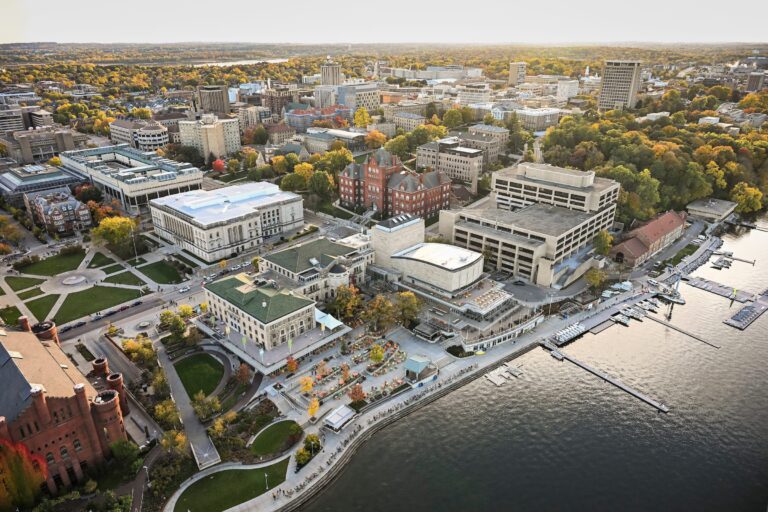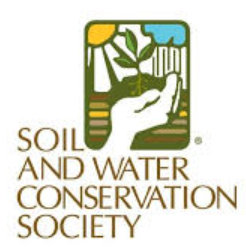
I am a PhD candidate at the University of Wisconsin-Madison. My background is in biological systems engineering, and I am in an interdisciplinary program studying watershed science and farmer decision-making. I am also the student representative on the Soil and Water Conservation Society (SWCS) Science and Policy committee. SWCS is an international professional organization that aims to advance the science and art of soil and water conservation. Members of this nonprofit include academics, farmers, government employees, and others from the private sector. This is a very broad group of professionals working to better the environment. The society publishes an academic journal and works to engage the public and membership on education and the advancement of science. The Science and Policy committee that I am on works to find ways in which SWCS can support or advise on policy that reflects the needs and priorities of the membership.
What is important to you about engaging with your local government?
I’ve always been interested in the ways that engineers and scientists can get involved in advocacy, policy, or community building. Engineers and scientists have so much capacity to make the world around us better, and I think the application of science and engineering to help real people solve real-world issues is key. Advocacy and policy work is one way to go about this. So, when I had the opportunity to get involved with the Soil and Water Conservation Society, I jumped at it.

What did you do?
One of the things that I have helped to work on is a survey that was sent out to the membership to determine what sorts of federal programs and grants are important to the members, as well as learning about which types of programming and activities that the Society provides are most important to the members. When SWCS interfaces with lawmakers, having up-to-date information on the priorities and needs of the members is crucial.
What did you get out of this experience?
Providing guidance on the questions included in the survey, as well as having a hand in analyzing the results, was enlightening. It was interesting to see what initiatives and priorities had broad support across the different groups of people that make up the membership. It helped me to realize that policy work can be really crucial for STEM employees across the public and private sectors, especially for a field that is extremely applied, such as soil and water conservation work. Good, helpful, science-based policy does not just happen on its own. It takes effort and work, and it has been great to see what some of that work looks like and to participate in a small way.
I’d encourage other graduate students to get involved in their professional societies, especially if you can find a way to be involved in the behind-the-scenes aspects of these groups, where you get to act in a service role. In my view, the purpose of pursuing STEM education and careers is to work to better your community, and spending time and energy to volunteer with a professional society is one way to do that.
This experience, and the continued experience of participating in committee meetings going forward, has gotten me more interested in policy at the state and local levels. I have begun to look for ways I can get more involved at those levels more directly, and at the very least be more aware. I’d love to one day work in the public or nonprofit sectors when I graduate, and of course, policy awareness and involvement is crucial in those spaces. This experience has helped me start to think about how policy at different levels affects my research topics and in what ways I may be able to incorporate policy questions into my current and future research and work.